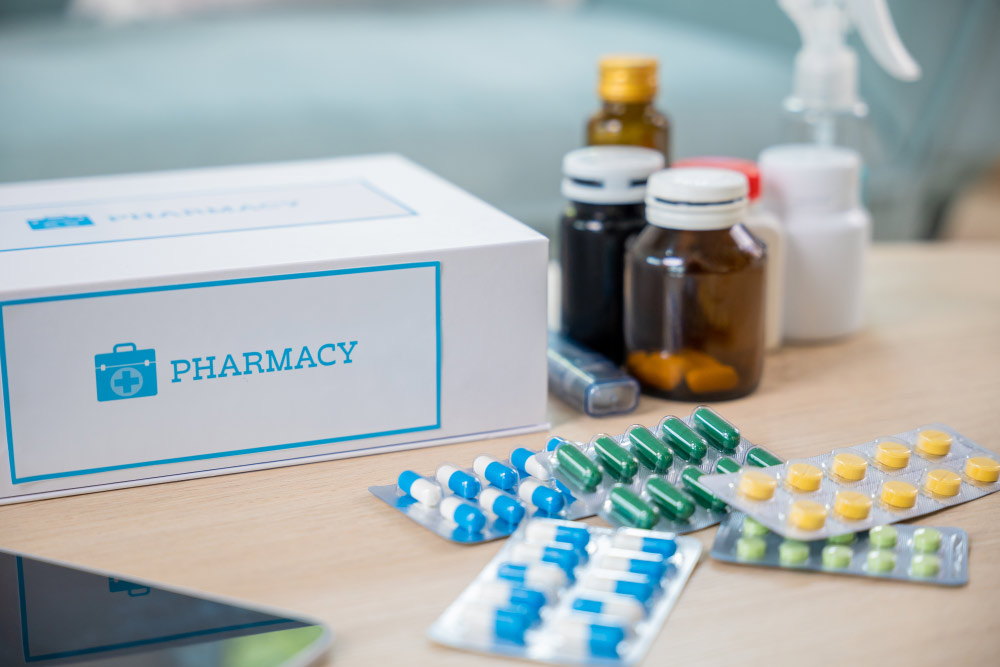Medical devices play a key role in healthcare by improving the quality of life of patients and contributing to the efficient functioning of healthcare systems.
We can define medical devices by saying that they are devices, equipment, materials, computer programs, implants, and other elements that are used in the prevention, diagnosis, treatment and rehabilitation of diseases and injuries in people. Some of the products include, for example, breast implants, hearing aids, dental prostheses, water filters for hospital use, prostheses for traumatology, orthodontic appliances, and devices for in vitro diagnostics.
Logistics, storage, transportation, and distribution of these elements needs to be efficient because these are elements that favor and improve the lives of people with a disease or medical need. It is important that manufacturers guarantee the availability of these products safely. To achieve this, several key aspects can be taken into account:
- Regulatory compliance: It is essential to comply with the specific regulations and standards for each medical device and in each country or region where it is distributed. This includes registration, labeling, storage, and transportation requirements, among others.
- Supply chain management: This helps to optimize the distribution of medical devices. It involves proper demand planning, efficient inventory management, smooth coordination between the different actors in the chain and the use of tracking and tracing technologies.
- Adequate storage: Medical devices usually require specific storage conditions to maintain their quality and safety. It is important to have adequate facilities that meet the storage and handling standards established for each type of product.
- Specialized transportation: Specialized medical device transportation services are required to ensure integrity and safety during distribution. This may include the use of refrigerated containers, vehicles with temperature control systems and special packaging.
- Collaboration with suppliers and customers: Maintaining open and collaborative communication helps to understand and meet industry-specific needs. This may involve co-developing customized logistics solutions and implementing continuous improvement practices.

Distribution company that complies with legislation on medical devices
The Spanish Agency for Medicines and Medical Devices is responsible for ensuring the proper functioning of the medical devices sector. Royal Decree 192/2023 regulates medical devices in Spain, in line with European Union Regulation (EU) 2017/745. These regulations guarantee the safety and health protection of patients, encourage innovation and support small and medium-sized companies in the sector.
Thanks to these regulations, it is established that in order to develop the distribution activity, the necessary organizational aspects must be in place, as well as the means to take appropriate measures in case of potential risks related to the products, and to keep a documented record of the distributed elements. In addition, they determine that distribution activities must be carried out under the supervision of a qualified officer in charge, who must also guarantee the technical-sanitary information on the products distributed. In addition, this distribution is subject to surveillance and inspection by the health authorities.
At Airpharm we specialize in the logistics of medical devices and work efficiently in their distribution to clinics, hospitals, and other healthcare facilities. We provide customized logistics solutions for the Medical Device sector, ensuring the availability and quality of medical devices at all times. If you want to add value to your logistics, contact Airpharm now and we will provide you with the best solution for your company.


